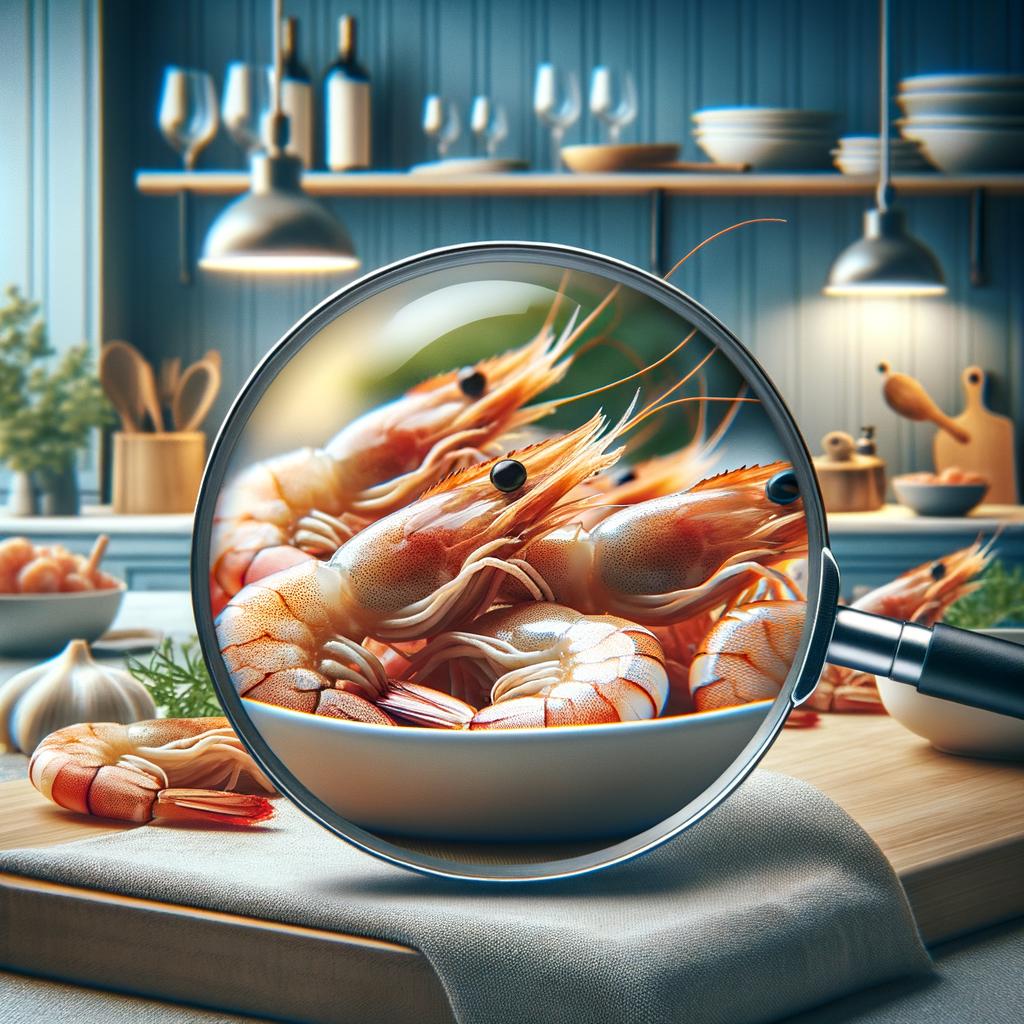Shrimps

Description
Ah, the humble shrimp, a culinary jewel from the sea. Shrimp are small, swimming crustaceans that are found in both fresh and saltwater environments worldwide. They range in color from a delicate pink to a deep, ruby red, and their curved bodies are adorned with delicate legs and fan-like tails. The texture of shrimp is uniquely firm yet succulent, providing a satisfying bite that is both tender and meaty. As for flavor, shrimp impart a sweet, slightly briny taste that is reminiscent of the ocean's kiss. What sets shrimp apart from similar seafood ingredients is their versatility. They can be enjoyed in their simplest form, boiled and chilled, or they can be transformed into a myriad of dishes, taking on the flavors of the ingredients they are cooked with.
Primary Uses
Shrimp are a beloved ingredient in many global cuisines, from the paella of Spain to the shrimp gumbo of Louisiana, and the stir-fried shrimp dishes of Asia. They are commonly grilled, fried, boiled, or sautéed and are a key component in salads, soups, pasta, and rice dishes. In addition to their culinary uses, shrimp shells are often used to make a flavorful stock. Beyond the kitchen, shrimp have cultural significance in many coastal communities where shrimp fishing is a way of life.
History
The history of shrimp is as deep and vast as the oceans they come from. Ancient Romans savored shrimp, and records of shrimp recipes date back to the 4th century BC. In Asia, shrimp have been a staple ingredient for thousands of years. The use and popularity of shrimp have evolved over time, with advancements in fishing and farming technologies making shrimp more accessible to the masses. There are numerous folklores and myths associated with shrimp. In Japanese culture, for example, shrimp is considered a symbol of longevity.
Nutritional Information
Shrimp are a nutritional powerhouse. They are an excellent source of lean protein and contain essential nutrients like iodine, selenium, and vitamin B12. They are also rich in omega-3 fatty acids, which are beneficial for heart health. However, they are high in cholesterol, so they should be consumed in moderation by those monitoring their cholesterol levels. Compared to other seafood like crab or lobster, shrimp have a similar nutritional profile but are typically lower in calories and fat, making them a healthier choice for many.
As we savor the sweet, succulent taste of shrimp, let us remember their journey from the depths of the sea to our plates, a testament to the enduring allure of this remarkable ingredient.

